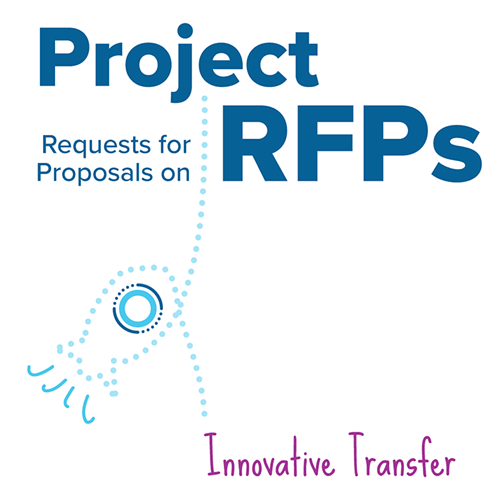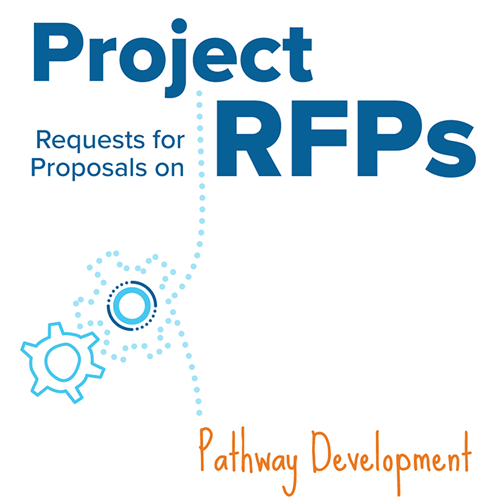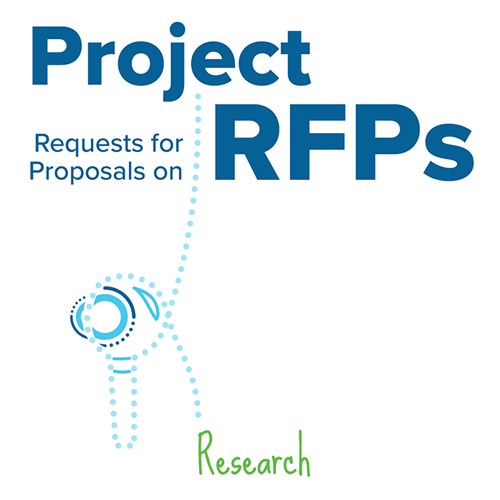News

TORONTO – The Ontario Council on Articulation and Transfer (ONCAT) has issued Requests for Proposals (RFPs) for new projects in postsecondary Innovative Transfer, Pathway Development, and Research on credit transfer in the province of Ontario.
Submission deadline extended: December 17, 2018, 11:59pm.
Innovative Transfer
 Is there an area of student mobility that is not receiving adequate attention that if unlocked could lead to widespread positive change for transfer students, postsecondary institutions, and/or the transfer system as a whole? What innovation is needed to make this happen? This stream supports:
Is there an area of student mobility that is not receiving adequate attention that if unlocked could lead to widespread positive change for transfer students, postsecondary institutions, and/or the transfer system as a whole? What innovation is needed to make this happen? This stream supports:
- Experimentation to help make transfer pathways more effective and supportive for students
- Exploration and development of tools/infrastructure that could create more openness and foster collaboration across the whole system
- Exploration and development of unconventional or less established transfer pathways
- Applying/Implementing recommendations from previous ONCAT research
Pathway Development
 ONCAT is seeking proposals for postsecondary pathway development projects that develop and implement strategies to enhance student mobility, expand opportunities for students to transfer, and increase postsecondary collaboration in order to contribute to the ongoing development of a more seamless postsecondary education system in Ontario. The objective of this stream is to create formalized transfer pathways where they may not currently exist, but where there is clear interest and need expressed by students, and to increase transfer pathways for underrepresented students. This stream supports projects that result in one or more of the following:
ONCAT is seeking proposals for postsecondary pathway development projects that develop and implement strategies to enhance student mobility, expand opportunities for students to transfer, and increase postsecondary collaboration in order to contribute to the ongoing development of a more seamless postsecondary education system in Ontario. The objective of this stream is to create formalized transfer pathways where they may not currently exist, but where there is clear interest and need expressed by students, and to increase transfer pathways for underrepresented students. This stream supports projects that result in one or more of the following:
- Creation of formalized transfer agreements in high-demand/interest areas underserved by current pathways
- Development of new transfer pathways for underrepresented learners such as mature students, Northern students, Indigenous students, students with disabilities, and Francophone students
- Creation of pathways leading to accredited credentials (e.g. professional programs) that effectively incorporate the constraints of regulatory bodies and/or professional associations
Research
 ONCAT is seeking proposals for research projects that will advance knowledge and understanding of the current state of student mobility and credit transfer. The objective of this stream is to generate knowledge that can directly inform policies, pathways, and institutional practices related to student mobility and transfer in Ontario. This includes practical applications for developing stronger cultures of mobility within postsecondary institutions and/or contributing to greater understanding of system-wide issues that impact mobility. This stream supports projects that address knowledge gaps in:
ONCAT is seeking proposals for research projects that will advance knowledge and understanding of the current state of student mobility and credit transfer. The objective of this stream is to generate knowledge that can directly inform policies, pathways, and institutional practices related to student mobility and transfer in Ontario. This includes practical applications for developing stronger cultures of mobility within postsecondary institutions and/or contributing to greater understanding of system-wide issues that impact mobility. This stream supports projects that address knowledge gaps in:
- Transfer student experiences (assessing pathway successes and challenges)
- Institutional barriers to transfer (obstacles and challenges)
- Costs and Savings associated with student mobility
- Outcomes for transfer students (what’s next?)
- Understanding the student mobility landscape (ex. comparative analysis)
Eligibility
Who Can Apply
- Postsecondary institutions in Ontario including Indigenous Institutes recognized by MTCU (www.ontario.ca/page/indigenous-students#section-0) and Not-for-Profit organizations working in the field of postsecondary education in Ontario are eligible to apply.*
- Applications can be from individual institutions or collaborative initiatives.*
*Note: for Pathway projects Non-for-Profit organizations are not eligible to apply, and applications must be collaborative and consist of a lead applicant and partner(s) who have already confirmed participation.
Funding Available
- To allow for the widest possible range of proposals no maximum funding limit is set. Pathway projects are typically 12 months in length and range in amounts from $10 000-$100 000.
Ineligible for Funding
- Activities and/or personnel funded through the Credit Transfer Institutional Grant (CTIG) are not eligible for ONCAT funding. The applicant must ensure that its institution has not been granted funding for the same or similar project.
- Projects led by external consultants.
- Projects that are specific to the applicant’s institution only.
- Pathways developed with institutions outside the province of Ontario.
- Projects that consist of fully online initiatives. NOTE: For applications that include an online component, the online development will not be eligible for ONCAT funding and will be at the expense of the institution(s).
Application
How to Apply
Proposals are accepted through an online application portal you can access here: https://oncatapplication.smapply.io/. The deadline to apply is December 10th 2018, by 11:59pm. Please leave yourself enough time to transfer your responses to the online portal and ensure all the required documents are uploaded.
Overview of Application Questions & Submission Requirements
Webinars
ONCAT hosted a number of live webinars, to discuss the Project RFP process and answer any questions.
- English: Wednesday, November 7th from 11am-12pm
- French: Monday, November 12th from 2pm-3pm
- English: Wednesday, November 14th from 12:30pm-1:30pm
Working Together: Reports and Check-ins
ONCAT is committed to learning with its partners and values open and ongoing communication. If you are successful in receiving a grant, the following check-ins and reporting will be required:
- An interim report and financial report
- Check-in’s on the project as needed (via email and/or in person)
- A final report and detailed financial statement